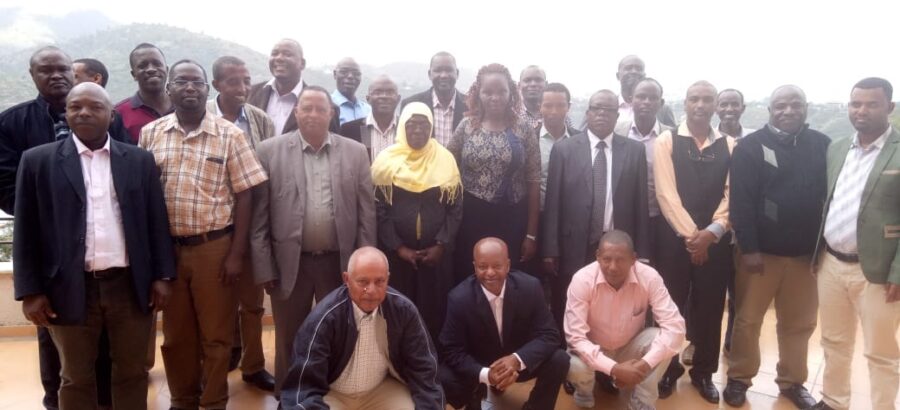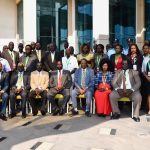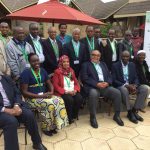The Intergovernmental Authority on Development (IGAD) region is home to 360 million ruminants which contributes to poverty alleviation, provide food security and increased income. The sector is however challenged by inadequate breeding technologies which if well harnessed can improve production and productivity to improve income among livestock keepers. The extensive genetic diversity found in various species and breeds make the region a reservoir of important genetic variations (genes) which are critically required for improvement and to address future challenges (e.g. climate change, new emerging transboundary animal diseases) and exploit opportunities (e.g. biotechnology and change in market preference). Modern breeding technologies such as artificial insemination and embryo transfer among others focus mostly on dairy cattle and less attention provided to improvement of animals in the Arid and Semi-arid (ASALs) areas that are important in the supply of regional as well as markets to Middle East and North Africa.
A two days’ experience sharing workshop and one day field visit to Kalit National Animal Genetic Improvement Institute (NAGII) were conducted from 7-9th June, 2018 to share regional experiences and lessons among animal genetic resource centers and breeding and multiplication centers from each country and from International Centers for Agricultural research in Dry Areas.
(ICARDA) and International Livestock Research Institute (ILRI). Participants from Ethiopia, Kenya, Uganda and Sudan included directors in charge of national animal breeding division and managers of each breeding and multiplication center and animal genetic resource centers. The following were workshop recommendations:
- Sudan, Uganda, Djibouti, Somalia and South Sudan should consider domestication of global plan of action on Animal Genetic Resources (AnGR) as a national priority while Ethiopia and Kenya should implement their national plan of actions to enhance conservation, sustainable utilization, access to the genetic resources and sharing of benefits- Sudan and Uganda committed to achieve global plan of action by January, 2019;
- Member states (MS) should adopt and promote the developed regional IGAD model policy and legal framework for Conservation, Sustainable Utilization and Access and Benefit Sharing of Farm Animal Genetic Resources;
- Ethiopia, Sudan, Djibouti and South Sudan that have not privatized breeding services and Uganda where it is semi-autonomous should consider public private partnership engagement to attract more investment to enhance technology uptake;
- MS should enhance extension services and capacity building at technical and community levels focusing on community breeding and other relevant programs
- MS should develop/update /implement/enforce relevant strategies, policies and legislations that promote sustainable breeding programmes;
- MS should conserve animal genetic resource as they utilize;
- Besides promoting animal breeding and genetic improvement, MS should offer complementary services such as disease prevention and control, feed security, animal welfare and market linkages for breeding animals;
- MS should strengthen and support systems for certification of improved breeding stock by authorized bodies to ensure quality control;
- MS should utilize emerging genomic technologies, GIS and ICT for disease surveillance and management against risks extreme weather conditions
- MS should utilize platforms/proof of concepts for ground-breaking reproductive, ICT, genomic technologies and catalyzing their innovative applications
- MS should mobilize resources at national levels through increased advocacy and at international levels together with ILRI, ICARDA and IGAD through development of evidence based concept notes;
- IGAD/ICPALD in collaboration with other relevant institutions like ILRI / ICARDA should support MS to implement breeding/conservation programs including “Access and Benefit Sharing (ABS)”
- IGAD/ICPALD in collaboration with other partners should support MS with special attention for communities to learn relevant experiences from successful breeding programs within and outside the region.
IGAD/ICPALD expresses its appreciation to the World Bank and Ethiopia, Kenya and Uganda for funding the activity through regional pastoral livelihood and resilience project (RPLRP)






